Dhaka, Jan 20 (V7N) —Economist and former Jahangirnagar University professor, Anu Muhammad, criticized the exclusion of secularism in the proposed new constitution, arguing that inclusivity cannot exist without secularism.
Speaking at the closing session of a day-long seminar titled “Path from Autocracy to Democracy: In Search of an Equitable Bangladesh” organized by Sarbojonkotha at the Muzaffar Ahmed Chowdhury Auditorium of Dhaka University's Faculty of Social Sciences, he highlighted several critical issues.
Anu Muhammad said that freedom of speech was a significant concern under the previous government, which led to July uprisings.
However, even after the movement, opposition to freedom of expression in the name of religion persists.
He warned that those opposing secularism are endangering the safety and status of Muslims in India, potentially relegating them to second-class citizenship.
He said that secularism ensures equality, with the state treating all citizens impartially,irrespective of religion or community.
On the issue of indigenous rights, he suggested that publishing the names of those illegally occupying lands in the hills would clarify the root causes of unrest in the region.
Acknowledging the existence of various ethnic groups and respecting their distinct cultures could resolve many issues.
He also criticized the lack of a national minimum wage, which has caused wages to decline steadily.
Regarding political reform, Anu Muhammad proposed introducing an age limit for political leadership to move away from lifelong positions of power.
He stressed the need for all political party committees to be democratically elected and for national political parties to ensure equal representation of men, women and diverse groups.
In the session "Pathways to Resolving Ethnic Crises" Rang Yong Sro emphasized recognizing the existence of ethnic groups beyond the Bengali majority and ensuring their human and land rights.
He said that the ruling powers, from British colonial times to post-independence governments, have perpetuated a dismissive attitude toward indigenous communities.
Antony Rema voiced frustrations over exclusion from the constitution, stating that indigenous groups are labeled separatists simply for seeking inclusion.
He questioned whether those who seek inclusion or those who deny it are the real separatists, describing the post-independence constitution as a betrayal of the aspirations of marginalized communities.
END/MSS/AJ



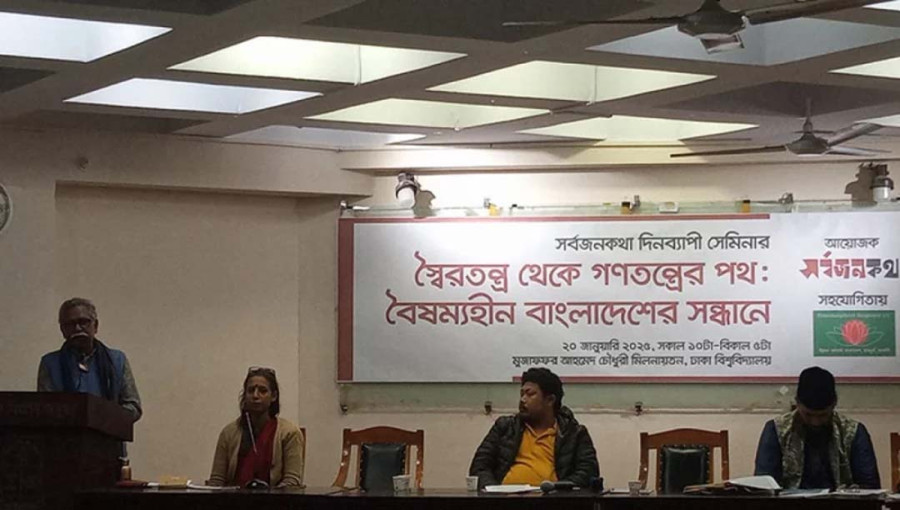



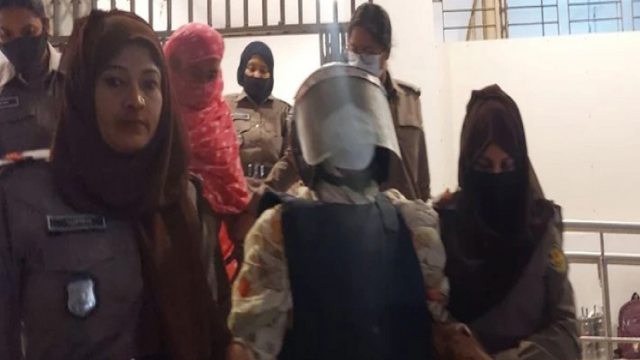

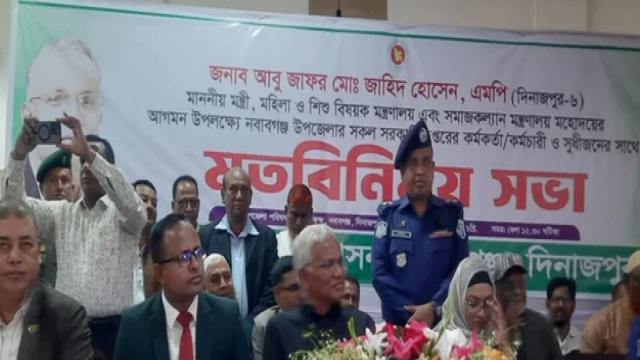
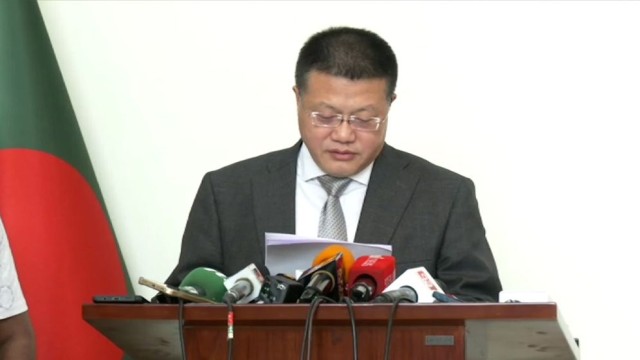

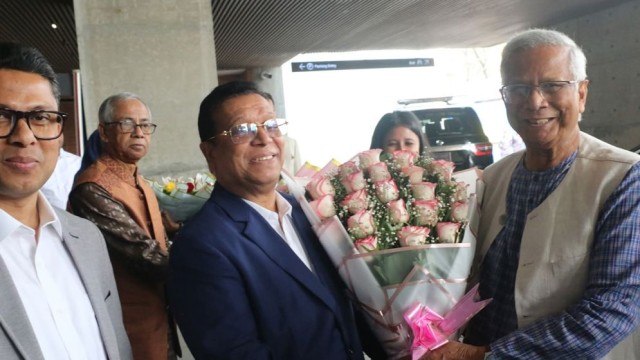
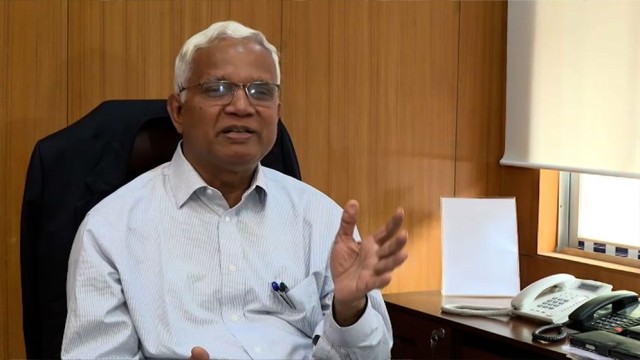

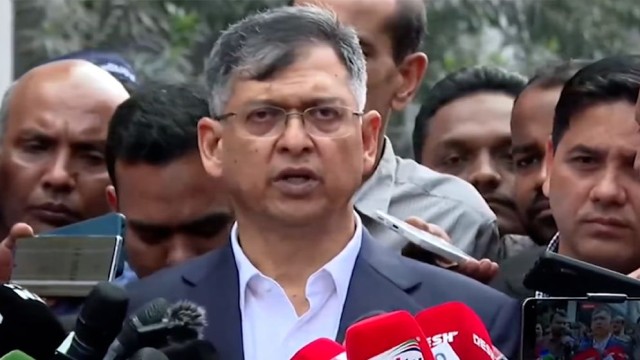
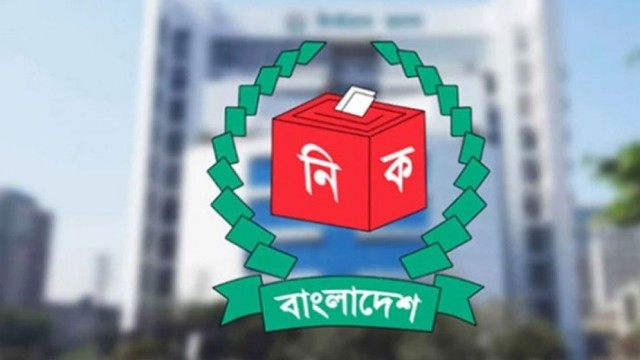
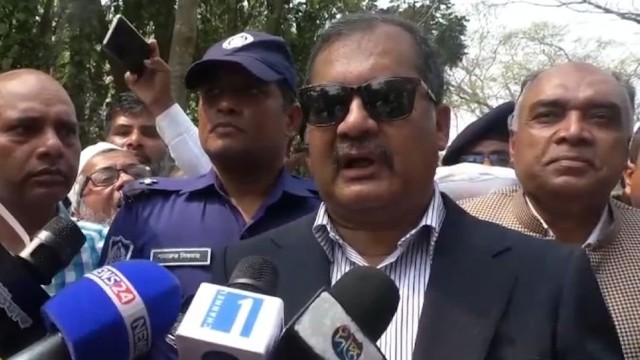
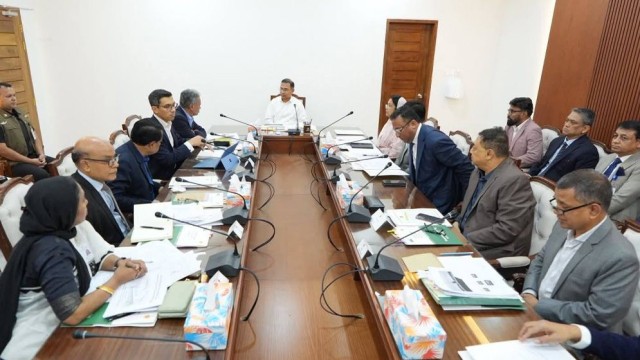
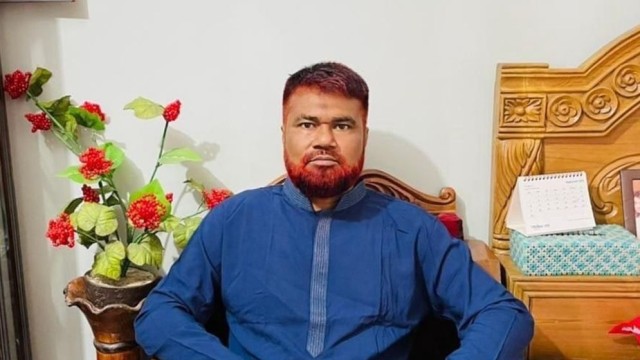









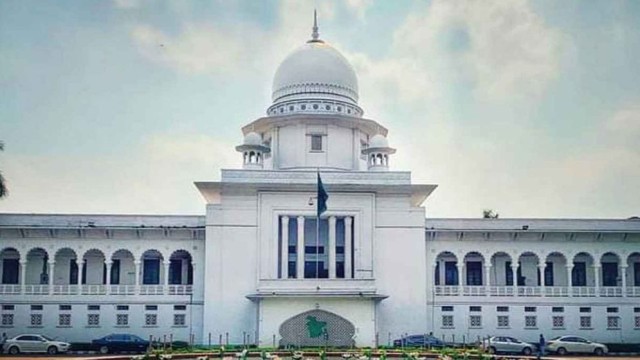

Comment: